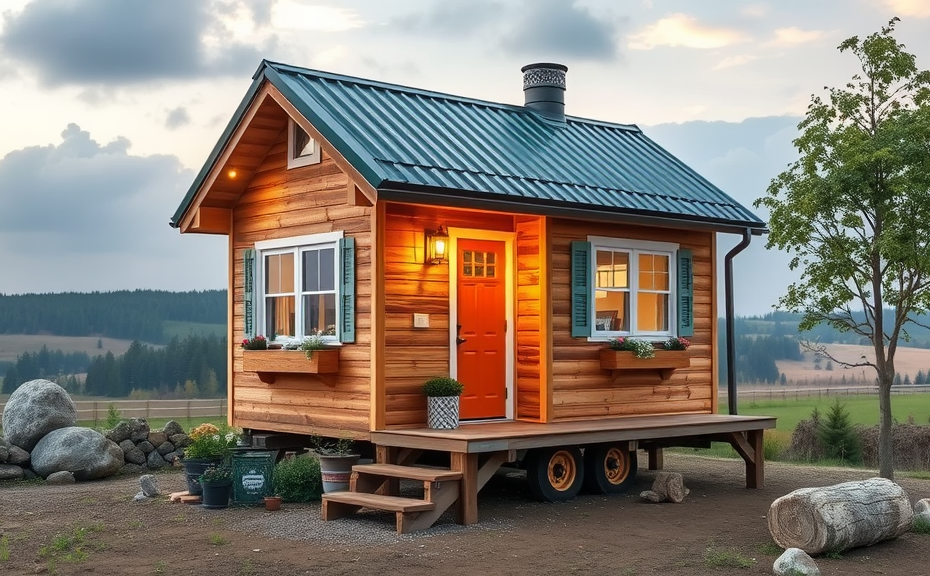In recent years, the allure of tiny houses has soared, prompting many to ask, “Are tiny houses good investments?” Investing in a tiny home intertwines personal lifestyle choices with financial considerations, making it a compelling option for some buyers.
One significant factor to consider is the affordability of tiny houses. Typically costing much less than traditional homes, they offer a path to homeownership that many find appealing. For first-time buyers or those looking to downsize, the lower price tag can mean less risk and lower mortgage payments. This affordability can make tiny houses good investments, particularly in areas where property prices are skyrocketing.
Additionally, tiny homes are often more energy-efficient than their larger counterparts, translating to lower utility bills. Their small footprint minimizes heating and cooling demands, which can yield long-term savings. Such reductions in operating costs can enhance the profitability of the investment.
Another key consideration is the growing trend of minimalist living which appeals to a wide demographic, including young professionals and retirees alike. This shift increases demand, positioning tiny houses favorably in the real estate market. In certain regions, tiny houses can even be rented out as vacation properties, providing a secondary revenue stream.
However, zoning laws and land availability can pose challenges. Those considering investing need to research local regulations regarding tiny homes, as this could affect their investment potential. Ensure that the location aligns with market trends; this will enhance resale value if and when the time comes.
In summary, tiny houses offer unique investment opportunities characterized by affordability, sustainability, and market demand. Weighing the pros and cons thoroughly can tell you if investing in a tiny house is the right choice for your financial aspirations.
